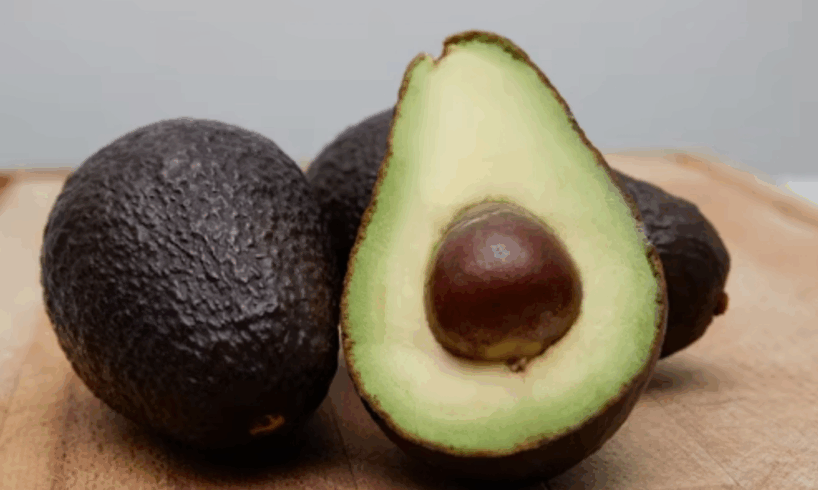
By Tobias Alando
Kenya has long distinguished herself as a leading producer of agricultural and horticultural products, including tea, coffee, avocados, and flowers. Yet, despite consistent growth and strong international demand, we remain far from being recognised as a world leader in these sectors. The question we must now confront is: how can Kenya carve a niche in global markets, deliver exquisite quality produce, and derive maximum value from our agricultural exports and their value chains?
Agriculture and horticulture have consistently topped Kenya’s export list over the last decade. According to the KNBS Economic Survey 2025, tea and coffee account for 25% and 5% of Kenya’s total exports, respectively. Our tea and coffee industries have grown steadily, supported by favourable climate conditions, progressive policies, and global marketing strategies. Similarly, the horticultural sector has flourished thanks to modern technology adoption, value chain training, and improved market access.
Yet persistent challenges continue to constrain Kenya’s rise as a global powerhouse. These include multiple levies and licences, high energy and operational costs, low market diversification, inadequate export market intelligence, and an unpredictable business environment. Added to this is stiff competition from producers like India, Sri Lanka, China, and Vietnam, who enjoy lower production costs and government subsidies.
Integration Is Key
To compete effectively, Kenya must pursue full value chain integration—bringing farmers, manufacturers, service providers, and government together to ensure fair returns for all. This requires targeted policy support, deliberate regulatory reforms, and strategic initiatives that expand market access.
Take packaging, a critical component of agricultural exports. Kenya has a well-established packaging industry capable of producing world-class solutions for both domestic and export markets—paper, plastic, glass, tins. Yet, policy barriers threaten this progress.
In the Finance Act 2025, government imposed excise duty of KSh 25% or KSh 50 per kilogram (whichever is higher) on kraft paper, a crucial input for packaging. This material is not produced locally and is mostly imported, with 30% sourced from within the EAC. Within three years, cumulative taxes on kraft paper have skyrocketed to 111%, combining excise duty, the Export and Investment Promotion Levy (10%), import duty (25%), VAT (16%), Import Declaration Fee (2.5%), and Railway Development Levy (2%).
This tax regime effectively makes local manufacturing uncompetitive, favouring finished packaging imports and pushing Kenya to a disadvantage against regional peers and global exporters such as Ecuador, Colombia, and Peru. The result is reduced competitiveness of our tea, coffee, avocados, and flowers on international markets, with potential revenue losses for both producers and the exchequer. VAT exemptions on raw materials for local packaging manufacturers—not finished products—are urgently needed to reverse this trend.
Buy Kenya, Build Kenya
Local sourcing of packaging and other inputs would not only cut costs but also safeguard supply chains against global disruptions. Government must set clear policies that promote the ‘Buy Kenya, Build Kenya’ agenda, ensuring that export packaging and related services are produced locally to strengthen domestic industries.
Innovation, Research, and Diversification
Global competitiveness will also depend on research and innovation. Value-added products fetch higher returns, yet Kenya largely exports bulk tea. China, the world’s leading tea exporter, has invested heavily in R&D, producing herbal infusions, ready-to-drink teas, and other high-value varieties. Kenya can replicate this approach by diversifying its tea products, exploring new flavours, formats, and markets.
Beyond production, agritourism presents untapped potential. Ventures like Kiambethu Tea Farm in Limuru demonstrate how farm visits, tea tastings, and immersive experiences can create additional revenue streams. South Africa’s thriving wine tourism industry provides a similar example of agricultural products being transformed into cultural and experiential exports.
The Way Forward
Value chain integration promises better controls, pricing stability, improved access to raw materials, and enhanced manufacturing processes. This translates to higher quality, efficiency, and profitability, enabling Kenya to stand tall on the global agricultural stage.
For this to happen, government, private sector players, researchers, and farmers must work in synergy—removing bottlenecks, investing in innovation, and pursuing deliberate policies that put Kenya’s agricultural and horticultural exports among the most competitive worldwide.
The time to act is now. Kenya cannot afford to remain a supplier of raw commodities while other nations capture the real value of the products that originate from our fertile soils.
The writer is the Chief Executive of Kenya Association of Manufacturers and can be reached at ceo@kam.co.ke.




